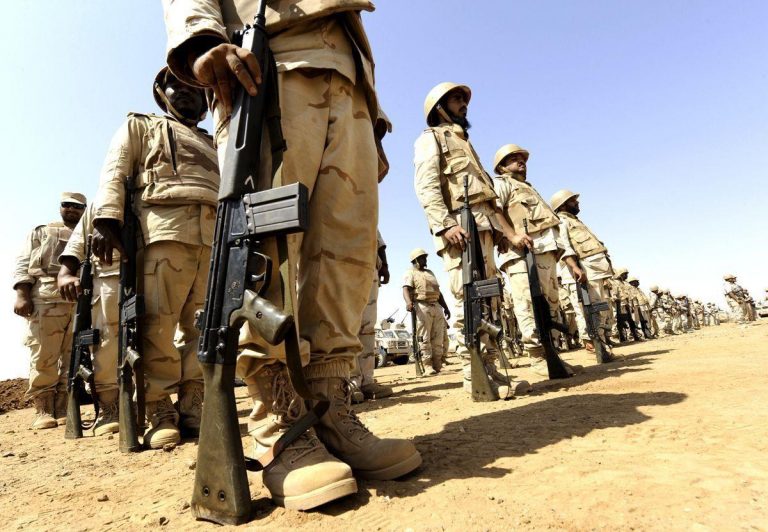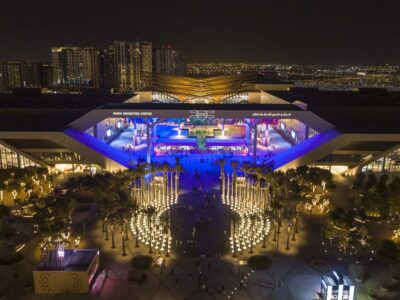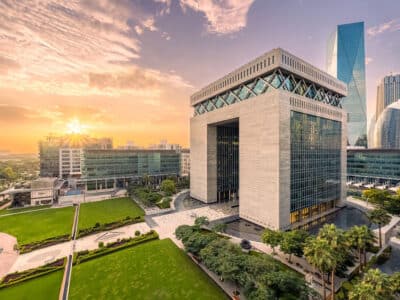Three men sprint across the sand-swept asphalt road along the frontier between Saudi Arabia and Yemen. Colonel Abdullah Bin Mahfouz gets a glimpse of them from his car, before they disappear into the desert bush.
The 28-year veteran of the Saudi Border Guard shrugs. “Our intelligence will pick them up,” he says. “We expect anything, any time. It’s very difficult.”
People, drugs and weapons are flooding into Saudi Arabia after 10 months of unrest drove Yemen close to civil war. Saudi authorities, concerned instability may spill into the world’s biggest oil exporter, are stepping up security, building a chain of border watchtowers and installing nighttime scanners at hilltop bases. They are also backing a peace accord to stop Yemen from becoming a failed state that could threaten tankers in the Gulf of Aden and create a base for al-Qaeda attacks.
Jazan, where Mahfouz works, is one of four Saudi provinces on the border, which runs through desert and rugged mountains for 1,100m, almost as long as the Texas-Mexico frontier. In Jazan alone, authorities say they detained 239,000 illegal immigrants in the past year, up 37 percent from last year. They didn’t give estimates for how many got through.
“You can’t imagine how many Yemenis are right now in Saudi Arabia looking for work,” Khalid al-Dakhil, a political science professor at King Saud University in Riyadh, said in a phone interview. “The economic situation in Yemen is so miserable. If you got a civil war, with the poverty in Yemen, then you can imagine how bad it is going to be for Saudi Arabia.”
That, he says is why the kingdom’s rulers have been “so unreasonably patient with Ali Abdullah Saleh,” Yemen’s ruler for three decades and the target of protests. “The Saudis realize that Saleh is a nasty guy,” he said. “But what can you do about it? He wants to fight, and if you give him a fight, he has nothing to lose. But Saudi Arabia has so much to lose.”
Al-Qaeda militants based in Yemen, the home of Osama bin Laden’s ancestors, have attacked the kingdom in the past, attempting to assassinate a top anti-terrorism official in 2009. A series of attacks on Saudi oil installations and their foreign workers helped double oil prices in the two years through February 2006.
Saleh agreed last month to relinquish power after months of wrangling over a Saudi-brokered accord, though there are indications he’s still exerting political influence. The agreement failed to end fighting between the security forces, where key positions are held by Saleh relatives, and army units that have defected to the opposition.
Hundreds of thousands demonstrated in Sana’a and other cities on Dec 16 to demand that the immunity offered to Saleh under the Gulf Cooperation Council accord be removed and the president punished for killing protesters. The army and opposition militias are due to withdraw from the streets of the capital this week under the agreement.
At the al-Mahdaf border-guard center, more than 100 men caught that morning were being held in a tree-shaded outdoor detention center and fingerprinted. Most will then be released.
“We return them and the Yemeni border guards let them go,” said Captain Ibrahim al-Safhe said. “They come right back.”
Zain Mohammed Munji, 20, admitted it was at least his second crossing and said he was looking for work. “There are no jobs in Sana’a, and prices have gone up a lot,” he said. Daif al-Shwaih, 23, said he’d made four previous illegal trips to Saudi Arabia, staying as long as three months and earning 50 riyals ($13) a day as a labourer.
Article continues on next page…
Yahya Ali Ibrahim was caught with bundles of khat, a leafy narcotic chewed in Yemen, stuffed into his shirt and pants. The 13-year-old said he had hoped to earn 250 riyals.
Yemen is the Arab world’s poorest country, while Saudi Arabia is its biggest economy. Yemen’s government puts the cost of this year’s unrest at more than $8bn. Attacks on oil pipelines have disrupted exports, and staple foods and fuels are scarce. Output probably shrank about 2.5 percent this year and inflation surged to 26 percent, according to International Monetary Fund forecasts.
Saudi Arabia can afford a spending spree as it seeks to stay insulated from the revolts in Yemen, Egypt and other Arab nations. It pumped 9.5 million barrels of oil a day last month, when crude averaged $97 a barrel. King Abdullah has pledged $130bn in social spending.
As the wealth gap spurs migration, the Jeddah-based Saudi Binladin Group is building a 280km border fence in Jazan, Mahfouz said. Along with rifles, bullets, explosives and hashish, border guards seized 3.1 million tons of khat in the past year, an increase of 35 percent.
The province extends into mountains where the guards watch Yemeni cars as they navigate rock-filled riverbeds and narrow passes. In this remote region, the influence of Saudi Arabia’s dominant culture, the austere Wahhabi sect of Islam, is less pronounced. Some men and boys wear wreaths of flowers and herbs in their hair, for the fragrance, and daggers in their belts.
Jazan has a coastline, too. The seaborne flow of drugs and migrants on small, shallow-draft boats is combated by patrols from a base on the Red Sea island of Farasan, where Colonel Yahya Jabbary claims a 90 percent capture rate.
Fighting has spread from Yemen across the Jazan border in the past. In November 2009, Saudi troops were drawn into the five-year battle between Shiite Muslim Houthi rebels in northern Yemen and Saleh’s government, and more than 100 were killed in three months of clashes.
The Yemen conflict has raised concern that Saudi Arabia’s neighbour could become like Somalia, across the Gulf of Aden and without a functioning administration since 1991. Somalia has become a staging post for pirates who have attacked ships including Saudi supertanker the Sirius Star.
“If Yemen becomes a failed state, then oil and other traffic via the straits of Aden become riskier and more expensive,” Paul Sullivan, a specialist in Middle East security at Georgetown University in Washington, said in an email. An unstable Yemen “pulls out defense and other resources that could be used to focus on other issues” in Saudi Arabia.
Attacks on vessels by Somali pirates operating in the Gulf of Aden and the Indian Ocean, through which 28,000 ships a year and some 12 percent of the world’s oil pass, rose to a record in the first half this year, according to the International Maritime Organization.
Africans who entered Yemen via its unpatrolled coastline account for some of the cross-border traffic, Saudi guards say. Several were among those being held in Jazan after trying to enter Saudi Arabia.
Another detainee was the 13-year-old smuggler Yahya Ali, who will be sent back to Yemen in the morning. “Both my parents are dead,” he said. “I need the money.”







